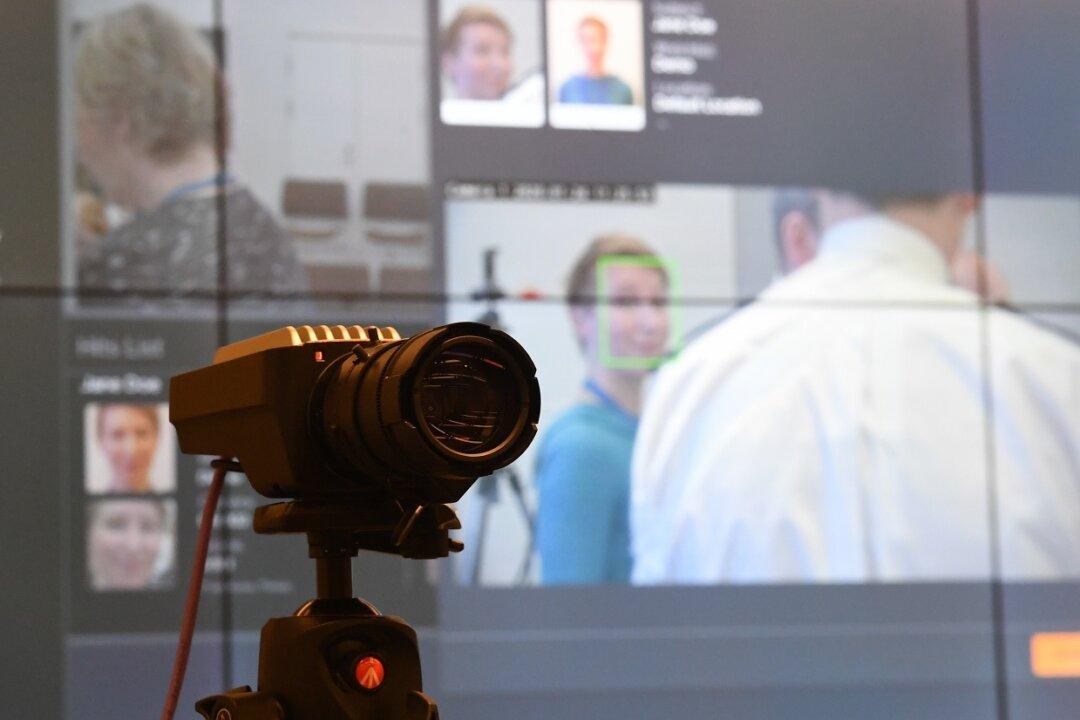On his first day in the job the new Commissioner of the Metropolitan Police, Sir Mark Rowley, has received a letter from 14 campaign groups urging him to stop using facial recognition technology in London.
Facial recognition software was first trialled in London in 2018, when Cressida Dick was commissioner, and has become increasingly popular as a law enforcement trial.





